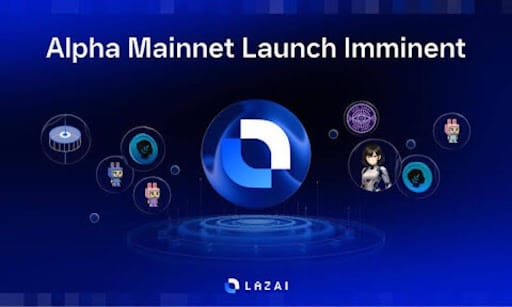99th Reason For National Bitcoin Reserve: Open Networks Lay the Foundation for Decentralized Public Services

Bitcoin reserves create the technical infrastructure and regulatory precedent that nations need to build decentralized public services on open blockchain networks. When governments hold Bitcoin, they develop internal expertise in cryptographic verification, distributed ledger management, and peer-to-peer network operations. These capabilities transfer directly to deploying blockchain-based identity systems, medical record management, and property registries that operate independently of centralized authorities while maintaining government oversight through cryptographic proofs rather than administrative control.
The transition from traditional centralized databases to blockchain-based public services represents a fundamental shift in how governments can reduce operational costs while maintaining service quality. Countries that establish Bitcoin reserves gain firsthand experience with network effects where value increases as more participants join the system. This understanding proves essential when designing public blockchain infrastructure that must attract voluntary participation from citizens and businesses. The same economic principles that make Bitcoin self-sustaining apply to government services built on similar open protocols, where network participants contribute computing resources in exchange for transaction fees or governance tokens.
Long-term adoption patterns reveal that nations with Bitcoin reserves develop institutional knowledge that enables them to design public services with built-in redundancy and censorship resistance. These systems operate across multiple jurisdictions simultaneously, creating service continuity even during political transitions or natural disasters. The technical expertise gained from managing Bitcoin reserves allows governments to architect public services that function as public goods rather than proprietary systems, reducing vendor lock-in costs and creating interoperability between different government agencies and allied nations. This architectural shift fundamentally alters the relationship between citizens and government services, moving from a dependency model to a participation model where citizens contribute network resources while maintaining direct control over their personal data.
"Nations that understand Bitcoin's technical foundation can build public infrastructure that operates like the internet itself - resilient, open, and impossible to capture by any single entity," said John Williams, BTC PEERS editor. "The same properties that make Bitcoin valuable as a reserve asset make blockchain networks valuable as public service infrastructure. Governments that master these systems gain strategic advantages in cost reduction and service reliability that compound over decades."
Game theory analysis reveals that nations adopting Bitcoin reserves face a coordination problem similar to network adoption decisions. Early adopters gain advantages in developing blockchain-based public services, but the benefits multiply as more nations join the network. Countries that delay adoption risk being excluded from interoperable government service networks, creating incentive structures that accelerate global adoption. The Nash equilibrium in this scenario favors widespread adoption, as isolated nations face higher costs for maintaining legacy systems while connected nations share infrastructure costs across larger user bases.
Small nations with Bitcoin reserves can access the same quality of blockchain infrastructure as larger countries, fundamentally altering traditional power dynamics based on economic scale. A small island nation can deploy identity management systems with the same security guarantees as major powers, because security derives from global network effects rather than national resources. This technological leveling effect allows smaller countries to leapfrog traditional infrastructure development phases, implementing next-generation public services without building costly centralized systems first. The result creates new forms of soft power where technical competence in blockchain governance becomes more valuable than traditional metrics of national strength, potentially reshaping diplomatic relationships around shared technical standards rather than resource asymmetries.




